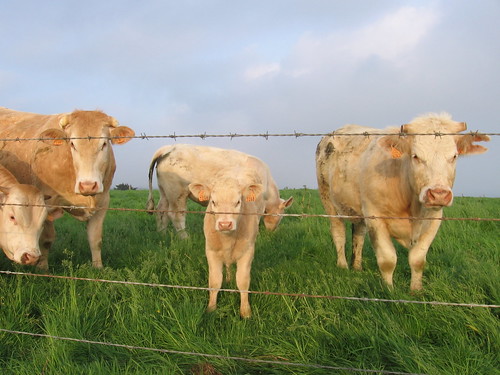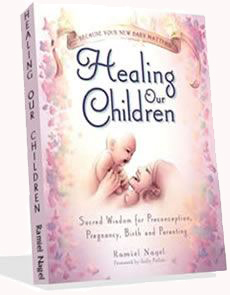Making Ethical Choices When Consuming Meat
 The vegetarian movement is becoming more popular in our modern world. Although the concept of vegetarianism isn’t new, it’s definitely a trendy one for a few reasons. For example, as the public learns more about how commercial meat companies treat animals, many people are disgusted by the cruelty and choose to avoid meat because of it. Others people decide on a vegetarian lifestyle because they believe that the human body will be unhealthy if meat is consumed, or they are looking for a way to decrease their carbon footprint.
The vegetarian movement is becoming more popular in our modern world. Although the concept of vegetarianism isn’t new, it’s definitely a trendy one for a few reasons. For example, as the public learns more about how commercial meat companies treat animals, many people are disgusted by the cruelty and choose to avoid meat because of it. Others people decide on a vegetarian lifestyle because they believe that the human body will be unhealthy if meat is consumed, or they are looking for a way to decrease their carbon footprint.
The truth is that avoiding animal products and following a vegetarian lifestyle is usually not the healthiest option available, because cutting out animal foods can cause nutritional deficiencies within the body. Humans were naturally meant to consume animal meats, and it is especially important during pregnancy because of the protein, fat, and fat-soluble vitamins which are available in the meat. Pregnancy is a critical time in a woman’s life, when she must be getting the best levels of nutrition in order to support the healthy growth of her baby.
If you are having a hard time balancing a healthy diet with ethical dilemmas of meat production, there are a few things that you can do to make ethical choices with your meat consumption:
- Buy organic animal products and meat. One benefit to eating organic is the fact that these foods are higher in nutrition and healthier for your body. Also, they don’t have the harmful chemicals and antibiotics that the commercial meat industry uses. If these toxic substances are present, they can be stored in the eggs, milk or meat, end up in your own body and that of your baby. Also, when food is produced organically, they are lacking chemical additives which is is easier on the environment. These hemical additives can be harmful and unhealthy for both animals and humans alike.
- Buy animal products which are ethically produced. Just because a label is organic, doesn’t necessarily mean that the meat was produced cruelty-free. Do your research, and find products that are produced ethically. For example, cows who are grass fed are a better alternative because because the cattle are allowed to roam in open pastures instead of cramped pens filled with disease, and they are fed their natural diets. When you are buying chicken and eggs, look for free range products, which are more ethical for the same reason.
- Buy local. When you buy organic, free-range products which come from local suppliers, you are benefiting your health and the environment. Fossil fuels are not needed in large quantites to ship products when they are produced locally, and you can often visit the farms to see for yourself how the animals are raised. Talk with people at farmer’s markets to find local animal-product producers. These markets are great places to buy the products, or even make a deal to ge a discount on bulk orders.
It might take some work to find products which match all three criteria, and it is usually more expensive. However, the upside is the health benefits that can be gained by you and your family as you are making ethical meat consumption choices.
Learn more about making ethical, healthy food choices, by reading the book Healing Our Children. This book is full of ideas and advice for people who are trying to conceive, pregnant women, and those are working to raise healthy children.
Photo Credit: JelleS from







